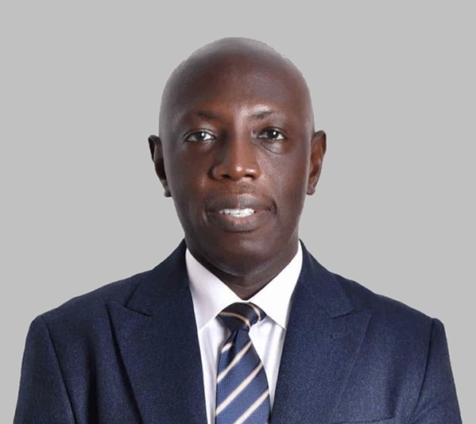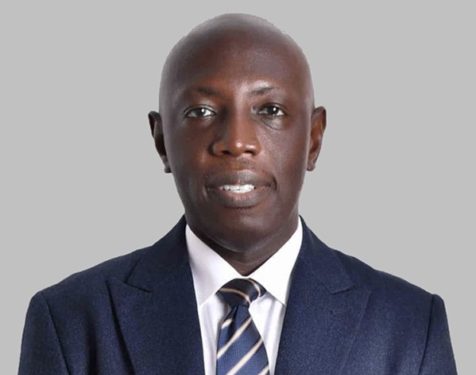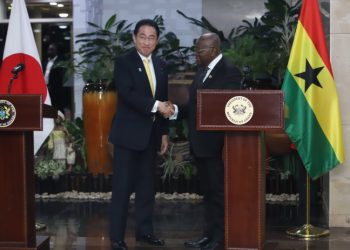
FUND24, the financial backbone of Ghana’s 24H+ economy policy, was sold to Ghanaians as a bold transformation strategy, promising affordable capital for SMEs, massive infrastructure, and job creation. But behind the grand design lies a shaky framework.
Operating across three tracks, enterprise financing (via DBG and VCTF), infrastructure development (through GIIF’s SPVs), and technical assistance (offered by the 24H+ Secretariat), FUND24 aims to raise $4 billion by 2030 through blended finance and foreign institutional capital. On paper, it sounds promising. It’s structurally flawed and fundamentally incompatible with Ghana’s 24-hour economic ambitions.
First, let’s confront the elephant in the room: Ghana’s debt crisis. With public debt ballooning to $ 49.5 billion, 55% of GDP in March 2025, international development finance institutions (DFIs) are understandably cautious. In fact, in 2022, Ghana received absolutely nothing out of the $3.59 billion in infrastructure funding allocated to Sub-Saharan Africa. This is not a system that DFIs trust, and without them, FUND24’s capital flow collapses. Add to that the cedi’s devastating 40% depreciation in 2022, and suddenly any foreign loan becomes a ticking time bomb. If DBG borrows in dollars and lends in cedis, a wave of defaults could drown the entire program.
Even worse, the proposal to channel Ghana’s GHS 42 billion pension fund into risky SME equity is reckless. Pension funds exist to protect retiree livelihoods, not to bankroll fragile startups. One wrong bet and the retirement security of an entire generation could vanish. The infrastructure track is equally shaky. The touted Agbledu parks may never rise from the ground thanks to Ghana’s chaotic land tenure system, where over 80% of land is informally owned and legally untraceable.
And what of the digital loan revolution FUND24 promises? It assumes a tech-savvy population, yet only 58% of Ghanaians are even online. That’s not a digital revolution; it’s a digital delusion. You can’t run a loan portal on dreams when nearly half the population is offline or digitally excluded.
If the government truly wants a 24-hour economy, it needs a homegrown financing model, one not held hostage by foreign lenders or fictional SPVs. Ghana must unlock its own capital markets. Pension funds can play a role, yes, but through mandated low-risk allocations like South Africa’s Regulation 28. The government should issue diaspora bonds to capture part of the $4.7 billion in annual remittances. And instead of chasing phantom foreign investors, it should incentivize real domestic giants, MTN, Dangote, Ghana Oil, to co-invest in SPVs. Most importantly, land reform and a push for local-currency lending must be urgent priorities if financial inclusion is to be real.
FUND24 is not just flawed; it is dangerous in its current form. Built on weak assumptions, overdependent on DFIs, and blind to Ghana’s on-the-ground realities, it is the most brittle pillar of the entire 24H+ economy. Without urgent course correction, it will join the growing list of failed Ghanaian economic fantasies, SkyTrain, anyone?
DISCLAIMER: The Views, Comments, Opinions, Contributions and Statements made by Readers and Contributors on this platform do not necessarily represent the views or policy of Multimedia Group Limited.
DISCLAIMER: The Views, Comments, Opinions, Contributions and Statements made by Readers and Contributors on this platform do not necessarily represent the views or policy of Multimedia Group Limited.
- President Commissions 36.5 Million Dollars Hospital In The Tain District
- You Will Not Go Free For Killing An Hard Working MP – Akufo-Addo To MP’s Killer
- I Will Lead You To Victory – Ato Forson Assures NDC Supporters
Visit Our Social Media for More



